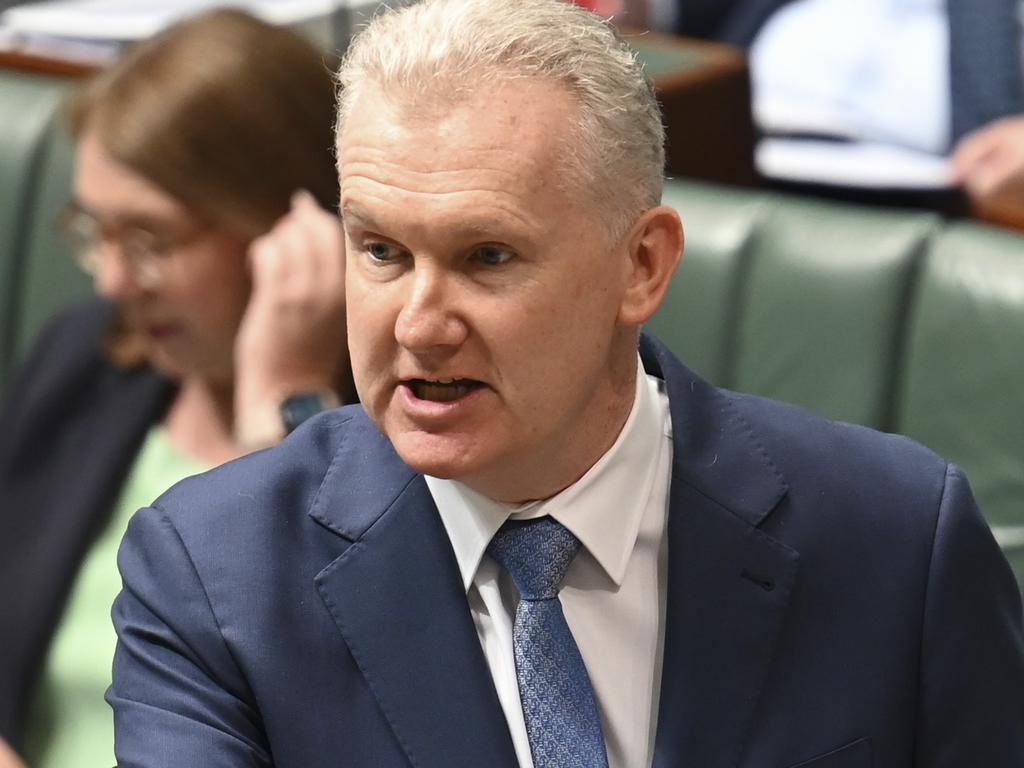‘Unworkable’ IR reform shows lack of small business commitment

The omnibus bill attempts to deal with a range of complex issues across casual employment, labour hire, independent contracting, the trucking industry, union right of entry, gig workers, first responders, silicosis, and more.
The bill is the most complex rewrite of industrial relations policy in recent memory. It redefines the status of over 3.5 million workers currently engaged as casuals and independent contractors.
A new three-page, 15-factor test is introduced to determine who is a casual employee, with ongoing assessment required by the employer.
As Robert Gottliebsen wrote this week, small businesses such as cafes, hairdressers and pharmacies who get it wrong could be liable for $93,000 per breach, which can be fatal. In other words, one mistake and you’re out of business.
It is little wonder that a survey of over 100 small businesses conducted by COSBOA found that: Two-thirds felt unable to comprehend its complexity; almost 90 per cent said they would be less likely to employ if the changes were made; and the IR changes represented the most significant risk in coming months to their business.

In a complex operating environment marked by high energy, rent, insurance and borrowing costs topped with the threat of cyber attacks and natural disasters, it is remarkable that the IR changes are the number one concern facing small business.
It is highly ironic that the system meant to promote productive and harmonious workplaces is now presenting as its biggest drag.
This is far cry from the government’s stated commitment to support small business and their election promise to make life easier not harder for small business.
Indeed, some employers are deferring decisions on whether to employ due to the sheer complexity and uncertainty surrounding the bill and the insider games being played behind the scenes.
Rushed amendments rammed through the lower house do little to assuage small business concerns of the sheer complexity of an 800-page package that is even dividing the minds of leading academics and lawyers. Many amendments simply make things worse for employers.
Evidence was provided to the Senate hearings by one COSBOA member (and dual-qualified lawyer) that the current drafting of the employee-like provisions is so unclear that they not be confident in interpreting the changes and would recommend people take out their own costly individual legal advice.
Small businesses do not typically have specialised HR departments.
Disappointingly, the impact statement provided fails to address the real cost to small businesses in dealing with complexity, nor the opportunity cost of that time which could rather be spent on core business.
As one hairdressing business put it: “We are a mum and dad business – every time more rules a regs are put in place we have to take time away from our lives and family to implement. Big business can just palm it off to an admin person but we have to jump through the hoops ourselves and it’s already a lot. We love our employees so this just takes more time away from them.”
There are over 2.5 million small businesses like this in Australia spanning cafes, newsagencies, hairdressers, grocers, builders, butchers and much more.
Data from the small business ombudsmen reveals that almost half of small businesses are currently not even breaking even – that’s about one million businesses in Australia currently hanging in the balance.

They currently face a perfect storm of operating costs while real household incomes have fallen 5.1 per cent – the biggest drop across advanced economies.
The Albanese government’s support for small business is starting to look wobbly with heralded programs such as the Energy Efficiency Incentive yet to even be legislated almost halfway through the financial year.
Meanwhile, greater compliance costs have been announced with the government dropping the small business exemption from the Privacy Act (and yet keeping the exemption for major political parties against the review’s recommendation). Go figure.
With the RBA governor stating that inflation is now homegrown, we need to ensure the cost of doing business is not increased further by poorly devised domestic policy.
At the top of the laundry list of concerns is the current tranche of IR changes that risk pushing many small businesses to the wall, reducing competition and productivity in the process.
The IR bill must be reworked and include proper modelling on the small business impact before it is further pursued.
Failure to do so will only increase the growing perception the Federal government’s support for small business is tokenistic at best, and negligent at worst.
Luke Achterstraat is chief executive of the Council of Small Business Organisations Australia.







Some three months after the introduction of the latest tranche of IR changes to parliament, small business is increasingly concerned by its complexity, red tape and perverse impacts.